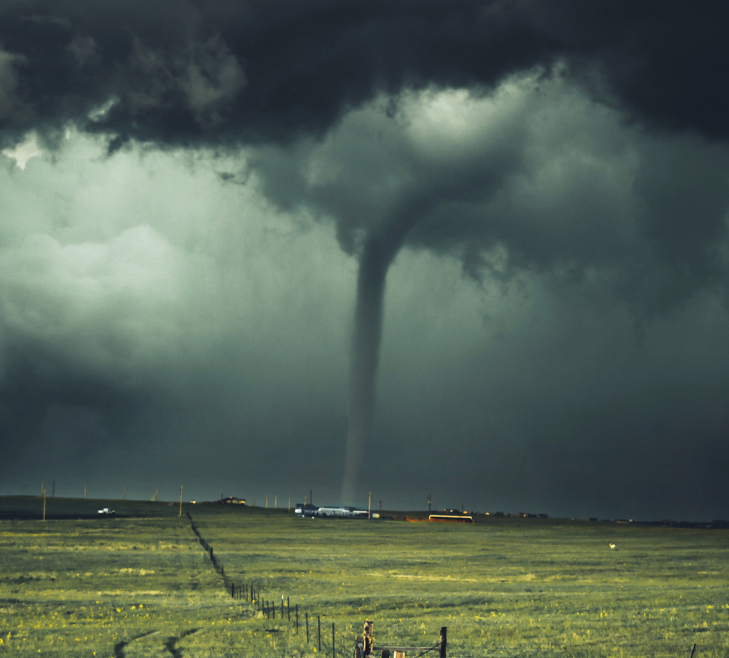
-
Transitions from Catastrophe
-
Unlocking Resilience through Historical Insights
-
As losses from potential catastrophes loom more extensively on the horizon, it becomes increasingly crucial to delve deeper into strategies and best practices that enhance the effectiveness of public and private collaborations. According to World Meteorological Organization (2023), the world has sustained nearly 12,000 weather and climate disasters between 1970 and 2021, resulting in 2 million deaths and costing 4.3 trillion US Dollars. In 2023 alone, natural disasters caused overall losses of 110 billion US Dollars (Munich RE, 2023).
Examining historical transitions from catastrophes can offer valuable insights into the triple-bottom-line outcomes, encompassing profit, people, and the planet. By learning from the past, we can better comprehend the factors contributing to community resilience. The experiences of previous disasters and their outcomes can provide concrete evidence of the potential effectiveness of managed retreats for building resilient communities. By analyzing case studies and empirical data, we assess the success and challenges associated with managed retreats, which can guide future decision-making and policy formulation, leading us to a more comprehensive discussion on how government and the private industry, faced with catastrophic risks, can collaboratively navigate sustainable transitions across intensive and extensive margins.
Given that catastrophe involve correlated risk and can impact entire communities and industries, successful transitions from catastrophe to resilience require meaningful collaborations between governments and the private sector. Despite the intuitive understanding of the importance of public and private stakeholder collaboration for resilient transitions, there is currently a limited investigation into optimizing such partnerships.
-
-
We owe our success in this project to the incredible support of our trused partner, WTW Research Network. Without the unwavering commitment from WTW and collaboration, this project wouldn't be where it is today.
Simon Sølvsten
Director of European Center for Risk & Resilience Studies
-
Corresponding Author:
Researcher team:

Post Doctoral Researcher
European Center for Risk & Resilience Studies

Professor
European Center for Risk & Resilience Studies

Post Doctoral Researcher
European Center for Risk & Resilience Studies

Managing Director
European Center for Risk & Resilience Studies



